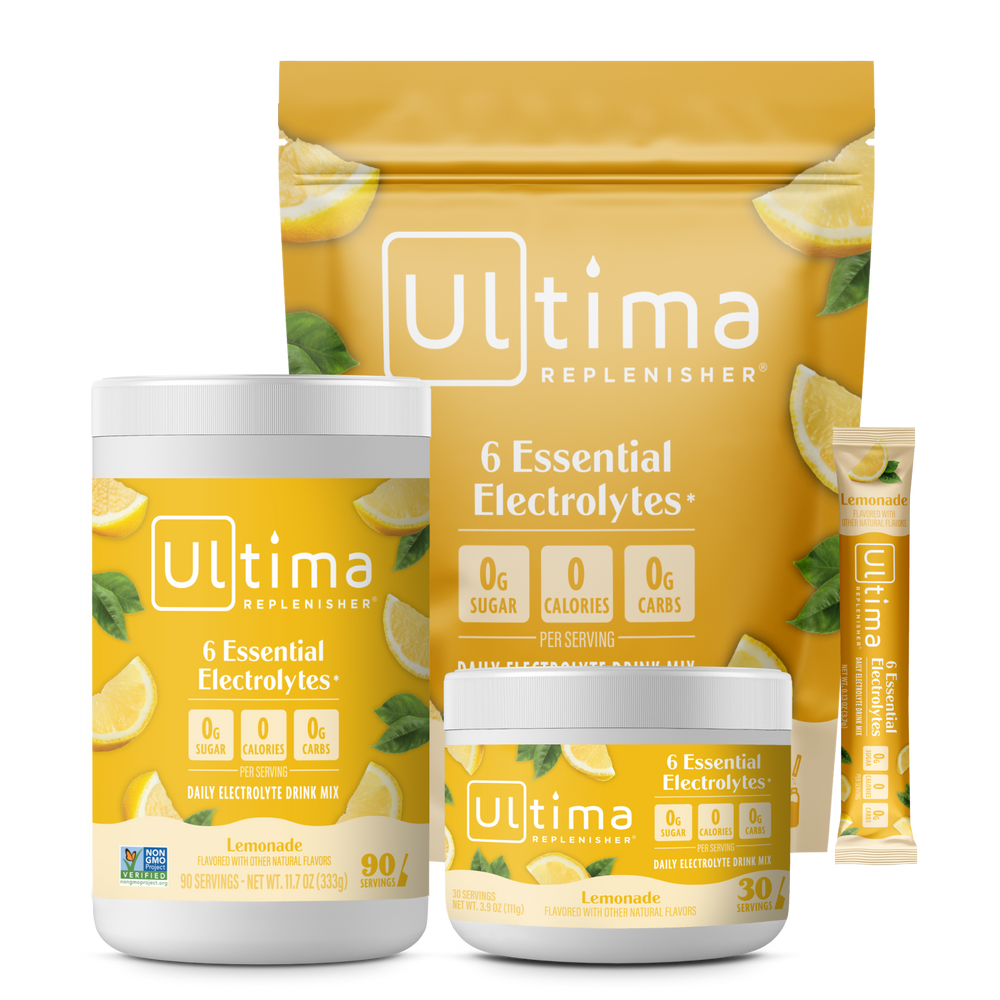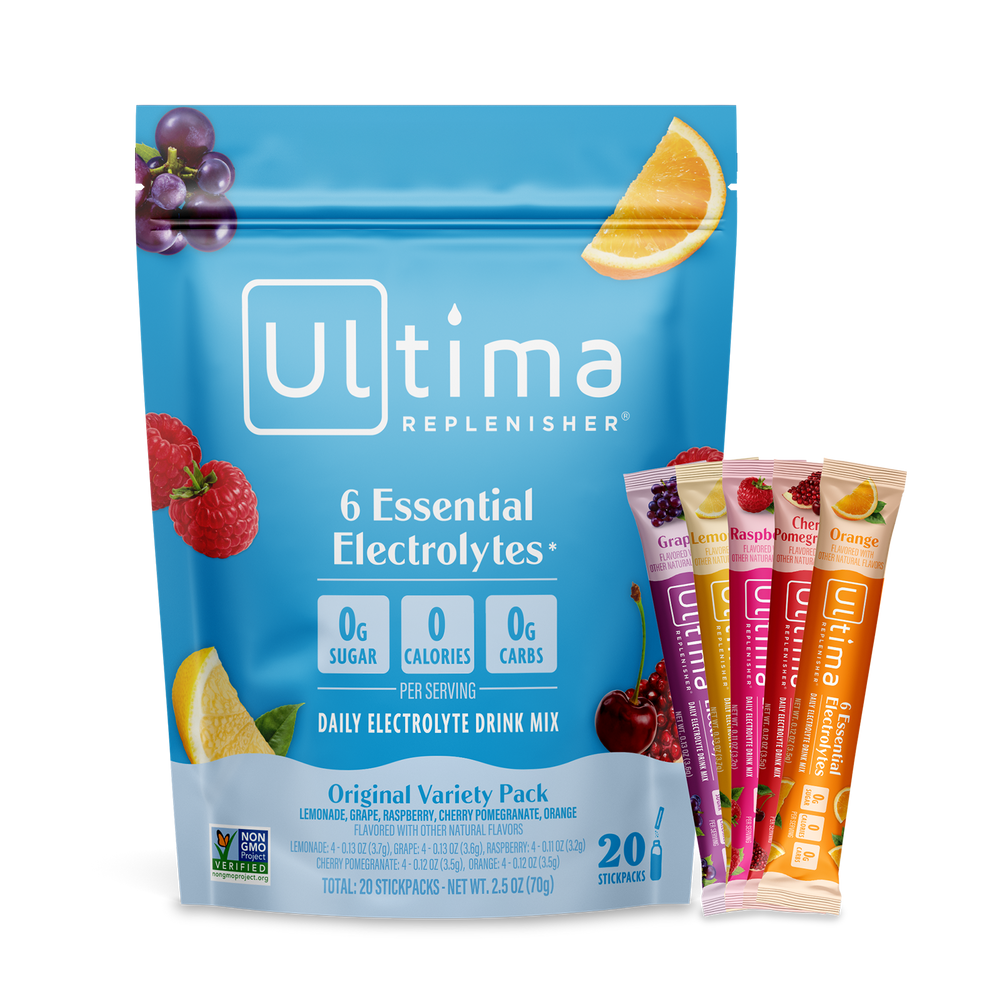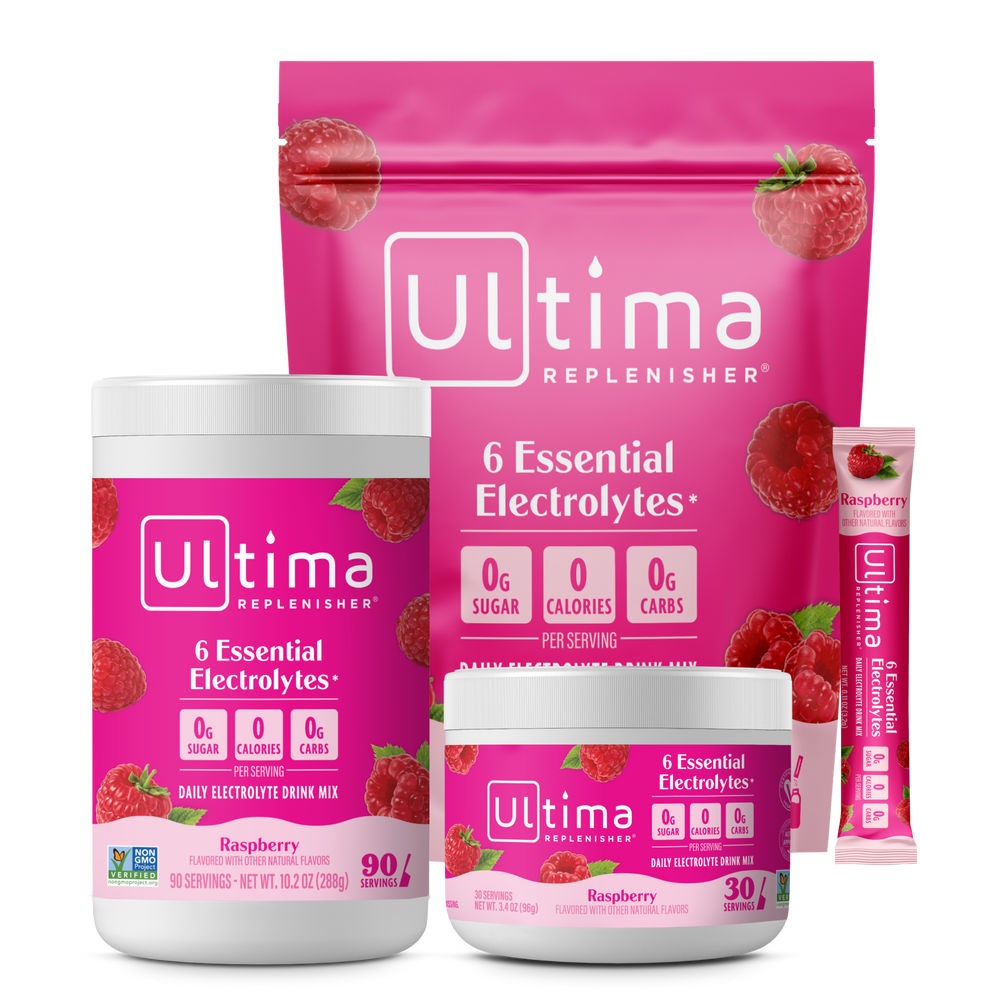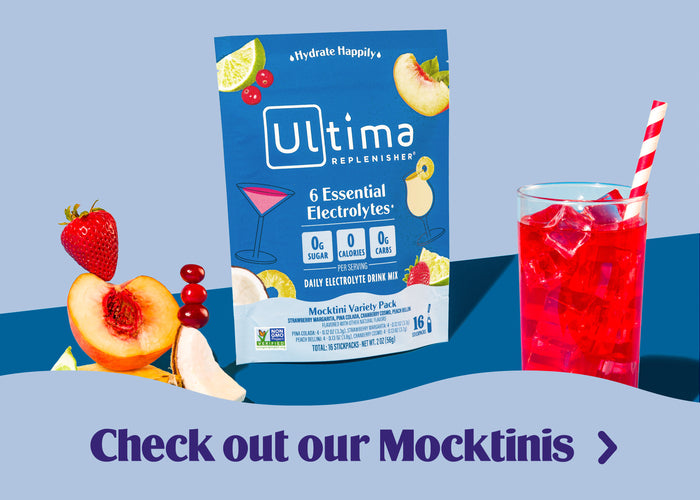
Top Electrolytes for A Keto Diet & How to Find Them
If you follow a keto diet plan, which is a low-carbohydrate diet, you need to have a plan to replenish your body’s electrolytes as well. This is because your body burns ketones (fat) for energy instead of glucose (sugar).
How does following a keto diet affect electrolytes?
- Using ketones from fat for energy causes your body to excrete more electrolytes through sweat and urine.
- Carbohydrates are the usual source for dietary electrolytes.
- With fewer carbohydrates from your meals, you need to get your electrolytes in other ways.
This could be as simple as finding foods that are considered keto that can still provide you with the electrolyte nutrients, or it could mean supplementing your keto plan with other electrolyte sources. Either way, we’ve got your back!
Main Electrolytes that Need Replenishing on a Keto Diet
The three key electrolytes to replenish on a keto diet are sodium, potassium and magnesium. This is because keto reduces or eliminates most foods that typically provide these nutrients. And, these nutrients are involved in some very important functions in the body.
1. Sodium
Because your body produces less insulin on a keto diet, this can cause your kidneys to get rid of more sodium. Most people know that sodium helps your body maintain water. This is important in preventing dehydration and also for healthy kidney function. Sodium also is used in the body to conduct nerve impulses, and contract and relax muscles. Athletes who go down mid-game with muscle cramps are often revitalized with electrolytes or pickle juice for the sodium and fluid content. In addition to muscle cramps, signs you need to replenish your sodium include headaches and fatigue.
2. Potassium
While sodium helps maintain fluid levels outside body cells, potassium’s main role is to help maintain normal levels of fluid inside the cells and tissues in your body. It also helps muscles contract and supports normal blood pressure by relaxing blood vessels and excreting sodium. Potassium deficiency can cause muscle weakness, muscle cramps, and an irregular heartbeat. We get most of our dietary potassium through fruits and starchy vegetables like potatoes, which are restricted on keto, so alternate choices would be avocado, nuts, and spinach or kale.
3. Magnesium
Magnesium is a mineral that many people are low in, but it is crucial to hundreds of body processes and functions. For example, magnesium helps your muscles contract and relax, helps your bones stay strong, and helps your nerves function properly. Like potassium, it helps relax your blood vessels to lower blood pressure. It helps keep the heart healthy and plays a role in your energy level and immune system. A lack of beans and grains on the keto diet can contribute to magnesium deficiency, but you can easily substitute in leafy greens, artichokes, nuts and seeds such as pumpkin seeds.
Getting Electrolytes Through Drinks
While you can find food substitutes to make up for the loss of carbohydrate benefits on keto, you can also add electrolyte drinks to your daily regimen. The key is to not go for the sports-specific ones because they often have sugar and more calories in order to replenish carbohydrates as well as sodium and potassium.
Instead, you want a keto-friendly electrolyte drink. Obviously, we think Ultima Replenisher® mixes are the best electrolyte drink for keto followers, but the key when shopping is to target the ingredients, not just a brand. Watch out for sugar, caffeine, and artificial flavors and sweeteners.
With Ultima Replenisher® electrolyte mixes, you get real fruit flavors, plant-based colors, organic stevia leaf as a natural sweetener, and not just three but all six electrolytes the body uses every day. If you’ve cut out alcohol to stay in true ketosis (burning fat), try our Apple Mocktini electrolyte hydration powder or our Mocktini Variety Pack.
Go to our Recipes page to find creative ways to work zero-carb electrolytes into cocktails, mocktails, smoothies and more!









